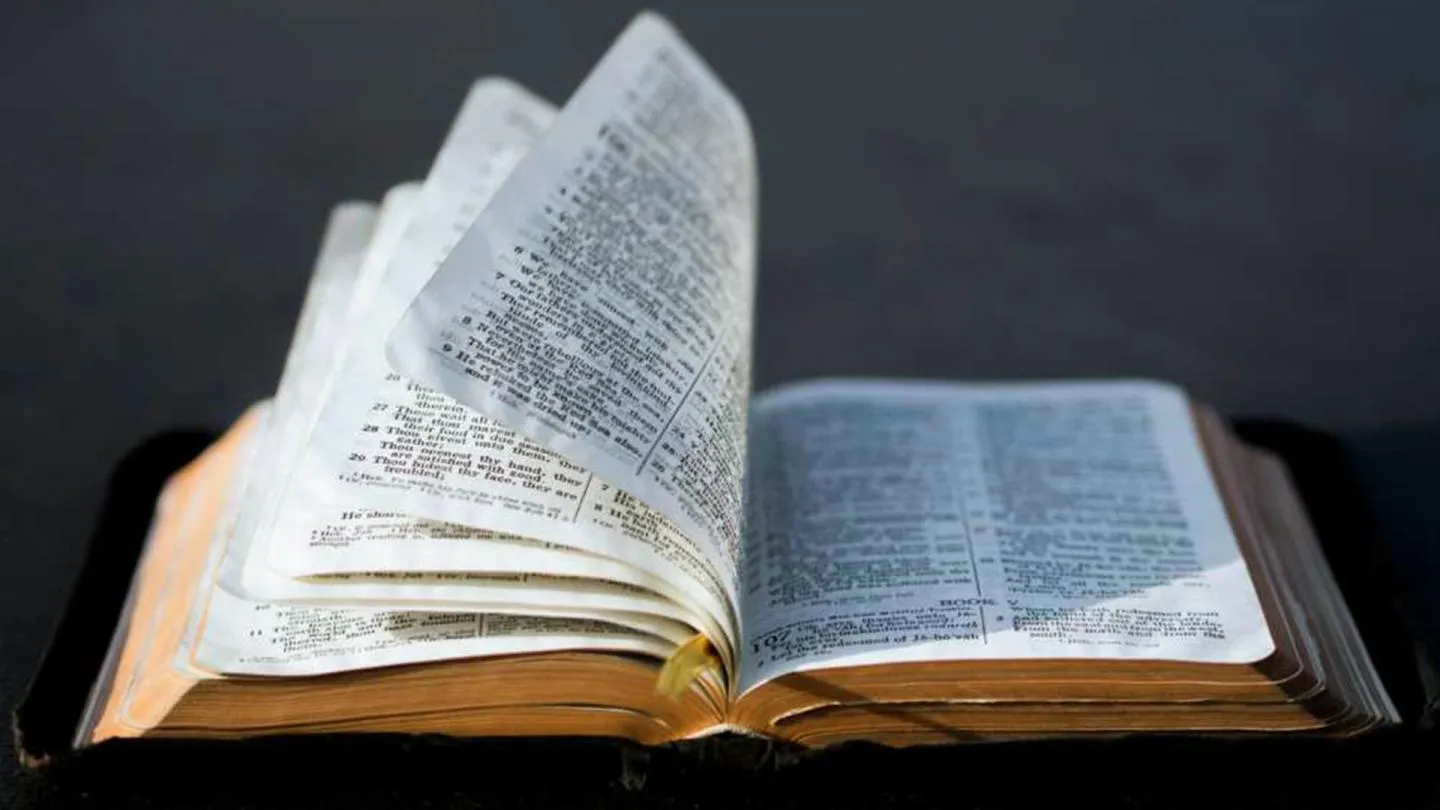A 13-year-old San Jose, California, student placed first at the nation’s premier middle school STEM competition, taking down the $25,000 prize. Tina Jin was among 30 middle school finalists who were flown to Washington, D.C., for the Thermo Fisher Scientific Junior Innovators Challenge (Thermo Fisher JIC), a five-day competition that tested the student’s knowledge in science, technology, engineering and math, awarding over $100,000 in prizes.
The Thermo Fisher JIC selected its 30 finalists from nearly 2,000 applicants in 48 states, American Samoa, Guam, Northern Mariana Islands, Puerto Rico and the U.S. Virgin Islands. Each of those applicants was one of 65,000 students who were named in the top 10% of local affiliated science fairs. All of the 30 finalists were awarded a $500 cash prize and a trip to Washington, D.C., (for one student and one parent) to compete in the finals.

Of all those participants, it was Jin’s project that won the ASCEND award and the $25,000 prize. Her research project on using animal bones to filter drinking water and her performance during the competition demonstrated her mastery of all STEM fields as well as her excellence in research, innovation and teamwork.
“It feels absolutely magical! I’m ecstatic to say the least, and I feel so honored and proud that my project was able to get such recognition; and I’m not stopping here!” said Jin.
In the future, she plans to improve the flow rate of her filter and continue to develop her research. She wants to partner with a few organizations so that her water filter can be used by people in under-resourced areas around the globe. Inspired by the early work of Albert Einstein, she is committed to following her passions and helping those without access to clean drinking water.
“Congratulations to Tina for using her STEM skills to develop a solution to a worldwide problem: access to clean drinking water. She used animal bone and other household supplies to filter water,” said Maya Ajmera, president and CEO of the Society for Science and executive publisher of Science News. “Tina’s scientific ingenuity coupled with her exceptional leadership, collaboration and critical thinking skills illustrate what we are looking for in the Thermo Fisher JIC. I look forward to seeing how Tina continues to innovate in the years to come.”
Other Top Talent
Jin wasn’t the only winner at the competition, as several other students showed their prowess and passion for STEM. Four students won $10,000 prizes for their projects as well as a number of other awards including:
• Gary Allen Montelongo, a 14-year-old from Joya, Texas, won the Broadcom Coding with Commitment Award ($10,000) for his project in which he created models for train suspension systems that showed how vibration from the tracks can cause resonance and derail trains.
• Sophie Tong, a 14-year-old from Palo Alto, California, won the DoD STEM Talent Award ($10,000) for her ability to demonstrate excellence in STEM along with leadership and technical skills that show the potential to excel in the 21st-century workforce. Tong researched the effects of poor visibility during fog and other bad weather. After collecting her data, she tested three algorithms that analyze conditions in bad weather.
• Samvith Mahadevan, a 14-year-old from Austin, Texas, won the Lemelson Foundation Award for Invention ($10,000) by being an inventor who is creating a solution to real-world problems. Mahadevan’s concern with food allergens led him to make an allergen detector by training a volatile organic compound sensor using machine learning. The result was a sensor that can “smell” allergens like nuts and eggs.
• Tyler Malkin, a 14-year-old from Greenwich, Connecticut, won the Robert Wood Johnson Foundation Award for Health Advancement ($10,000) for demonstrating promise in a health-related field and an understanding of the social factors that affect community health. Tyler created an at-home to measure iodine levels in a person’s saliva providing a way for individuals with iodine deficiency to monitor their levels are low- a process that usually requires a lab.
“We are so inspired by this year’s Thermo Fisher JIC winners—particularly by the tenacity and urgency they demonstrate in addressing real, critical global challenges through STEM,” said Meron Mathias, Vice President, Corporate Social Responsibility and Sustainability at Thermo Fisher Scientific. “Throughout Finals Week, we reinforced that the world needs their influence along with their ideas. Thankfully, this group is already highly engaged in promoting STEM in their communities. We urged them to continue the work to ensure a more diverse workforce and more innovative and inclusive solutions for society.”
STEM Awards
Thermo Fisher Scientific and Society for Science also gave out prizes for first and second place in each STEM category (science, technology, engineering and math). Each winner had to show insight and promise in their field. After doing so, they were awarded $3,500 and $2,500 for first and second place to support their choice of a STEM summer camp experience in the U.S.
Science Award:
First place: Mikah Elizabeth Kaalund, “The Synergistic Improvement of Indoor Air HEPA Filtration Using Concurrent Dehumidification”
Second place: Mackensey “Macky” McNeal Wilson, “Shedding Light on the Prevalence of Harmful Butylated Hydroxytoluene Preservative in Artificially Formulated Dog Foods”
Technology Award:
First place: Yash Mehta, “Using Motors To Simulate Braille”
Second place: Sophia Yuxin Zhang, “Green Solution for Blue Gold: Examining Three Types of Biodegradable Hydrogels on Water Conservation in Irrigation”
Engineering Award:
First place: Oliver Nicolas Cottrell, “Automatic Hockey Puck-Passer Machine”
Second place: Sophia Hou, “The Effect of Methylcobalamin on Vigna radiata Germination Under Heat Stress”
Mathematics Award:
First place: Leif Speer, “Does a Dendroclimatic Reconstruction of the Southern Hemisphere Show a ‘Hockey Stick Curve’?”
Second place: Ezekiel “Zeke” Wheeler, “An Affordable, Portable Orbital Desktop Satellite Tracker”
In addition, the Teaching Institute for Excellence in STEM’s Team Award went to members of the team who were best able to make decisions, work together and communicate effectively to solve problems during the Finals Week Challenges. The winning team members, Tyler Malkin, Oliver Nicolas Cottrell, Samhita Paranthaman, Jocelyn Mathew and Olivia Huang, were each given a $200 gift card.
Last but not least, Zealand Murphy Dobrowski won the Thermo Fisher Scientific Leadership Award. This award is given to a student elected by their peers to speak on behalf of their class at the awards ceremony.
To learn more about all 30 finalists visit the Society for Science.



